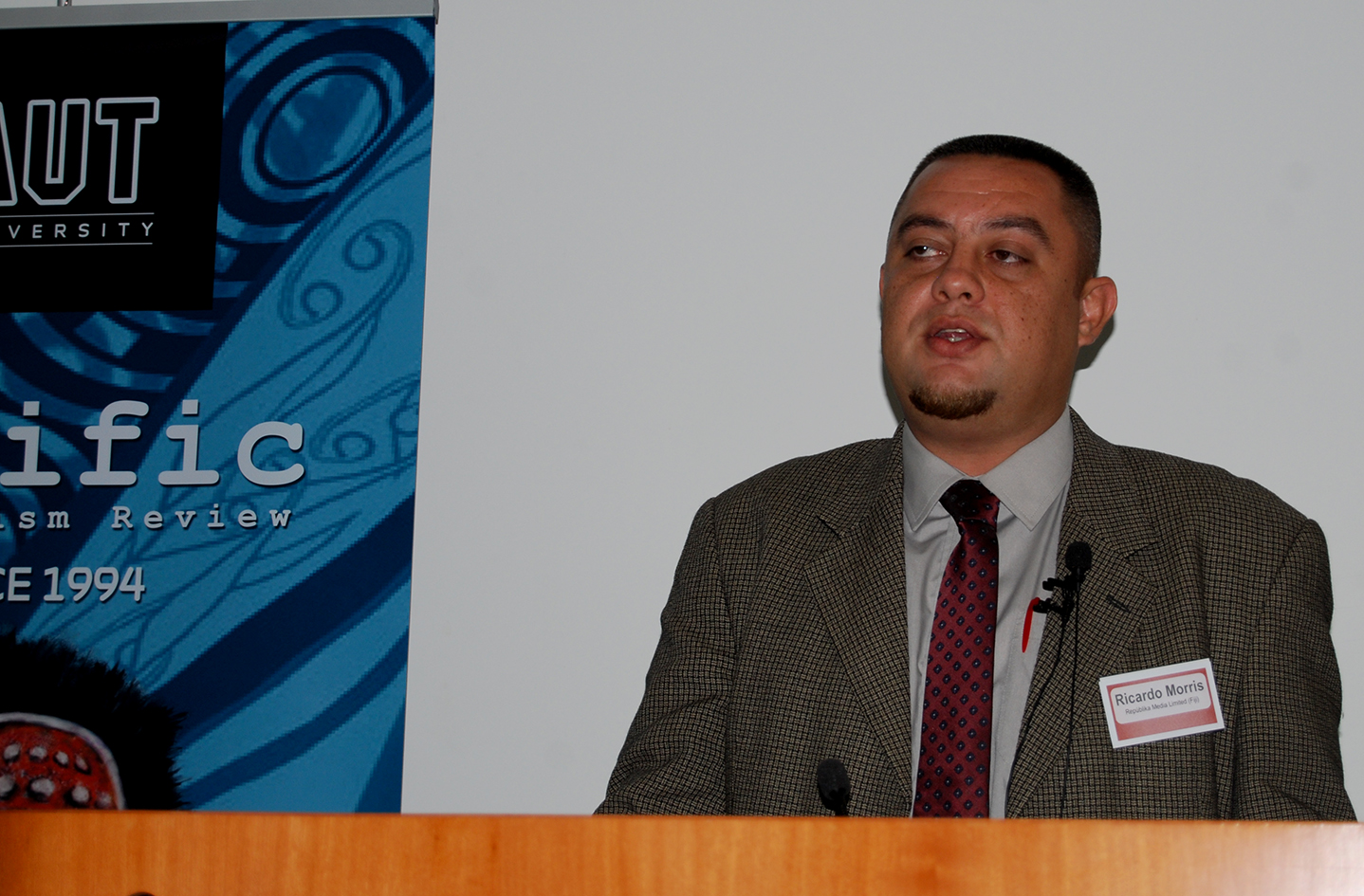
AUCKLAND (Radio NZ International/Dateline Pacific/Pacific Media Watch): Fresh calls have been made in Fiji to change the country's media laws, now that a democracy is in place.
The Media Industry Development Decree, gazetted in 2010, has strict requirements for reporting and imposes heavy fines and jail terms for breaches.
Amid concerns over ongoing self-censorship, the opposition parties have joined to fight to repeal the decree.
Transcript: [Broadcast on 19 Jan 2015]
Fresh calls have been made in Fiji to change the country's media laws, now that a democracy is in place.
The Media Industry Development Decree, gazetted in 2010, has strict requirements for reporting and imposes heavy fines and jail terms for breaches.
Amid concerns over ongoing self-censorship, the opposition parties have joined to fight to repeal the decree.
Alex Perrottet reports:
The Media Industry Development Decree includes fines for breaches of up to US$50,000 for a media organisation, and US$12,500 for publishers or editors, and up to two years imprisonment. The leader of the National Federation Party, Dr Biman Prasad, says the government is using the clause that enforces balanced articles, as a tactic to shut down negative stories.
BIMAN PRASAD: When you talk about balance, what is happening essentially is that when opposition parties or anybody critical of government puts out a statement or comment, then the media is required to go to the government and get their response.
Biman Prasad says the government decides not to give a response as a way to shut it down. The leader of SODELPA, Ro Teimumu Kepa, says the media is still fearful about negative reports and the result is self-censorship.
RO TEIMUMU KEPA: We feel very strongly that the media, they still work in that climate where they are still fearful of how they can be taken to task by whatever it is that they print or broadcast that seems to be against the government, that doesn't cast the government in a good light.
Some media organisations in Fiji have strongly rebutted claims that they still practice self-censorship. The president of the Fiji Media Association, Ricardo Morris, who is also the editor and publisher of Republika magazine, says there is a level of self-censorship, and very little confidence to push politicians for answers.
RICARDO MORRIS: If you attend any government press conference in which some other issue apart from what was raised at that press conference is in the news during the day, you'll see self-censorship at work because if they tell you we will not entertain any other questions no other journalist is going to dare ask questions so that's the way you can see self censorship at work.
Ricardo Morris says realistically, the decree is not going to change, but his group is continuing a dialogue with the Media Industry Development Authority (MIDA) and the government. He says the Chairman of the Authority, Ashwin Raj, has agreed to propose that articles can go to print if comment has been sought from the government but no response has been received after three days.
Last year, the Paris-based Reporters Without Borders and New Zealand's Pacific Media Centre at AUT University sent a joint submission to the United Nations Human Rights Council, calling for repeal of the decree and for the introduction of a Freedom of Information law.
Both the Fiji government as well as the Fiji-based Pacific Islands News Association (PINA) were approached for comment.
RSF and Pacific Media Centre submission to UN
Opposition calls for end to 'siege' of media
This work is licensed under a Creative Commons Attribution-NonCommercial 3.0 New Zealand Licence.




